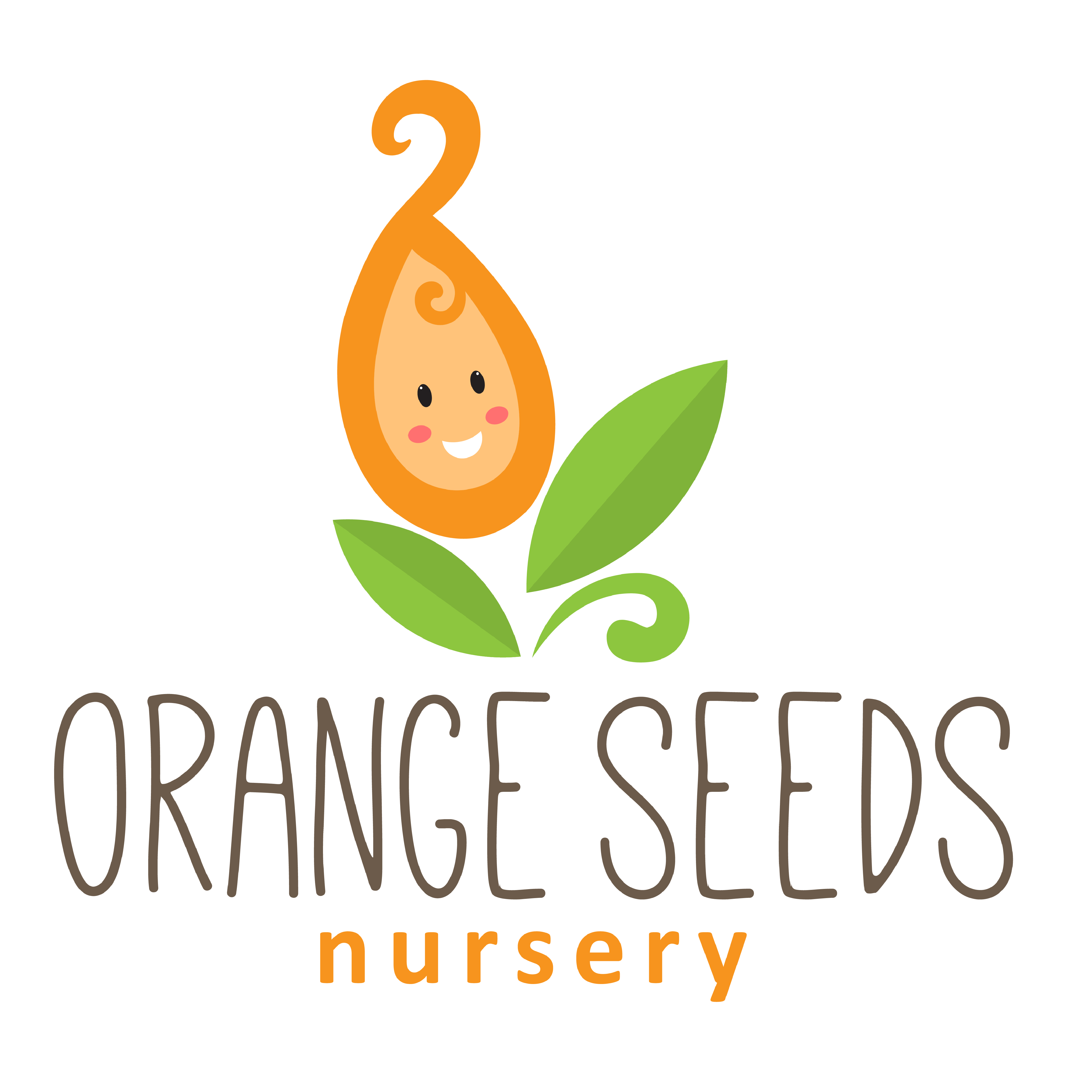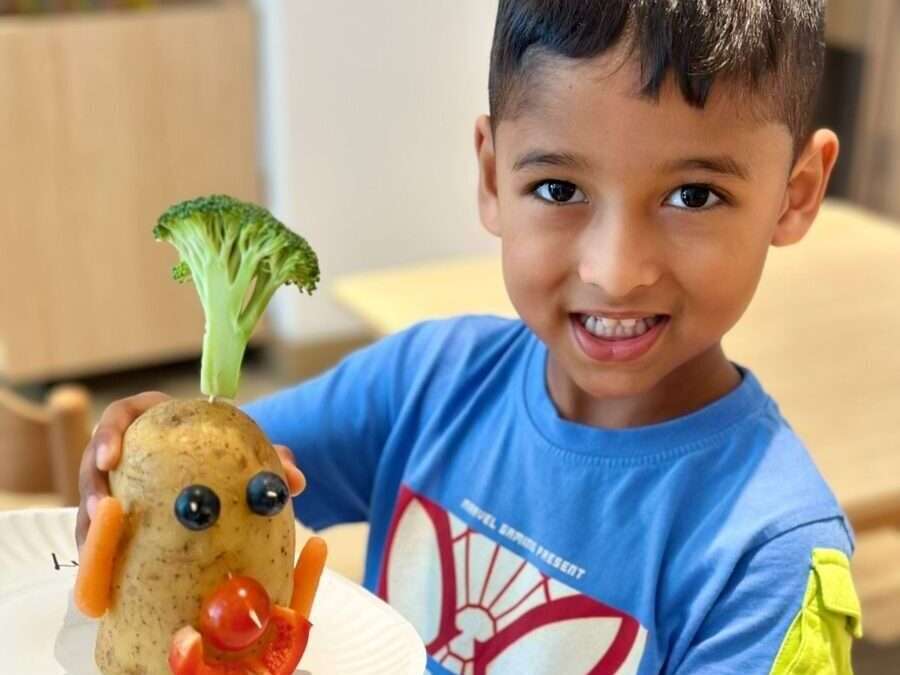Ever heard of the Aka tribe from Africa?
Some 50 years ago when they were still hunter gatherers, whenever they stopped to rest, they would teach their young children important life skills. But they would never intervene while the children tried to learn how to use various hunting tools. Some learnt faster than the others. Some learnt the tricks right away while the others took their time. However, parents never interfered in this learning process. The Aka tribe understood that learning is most effective when its self-motivated.
So why are we referring to the Aka tribe that doesn’t even exist in its original form anymore?
Because this tribe drives home an important message that every child is different. They have their innate skills, which get unravelled at their own pace. Parents, teachers and caregivers must offer a positive learning environment to encourage the development of every child’s innate skill.
Children have certain innate skills, which are already present and need to be discovered, nurtured and stimulated. The process of discovery requires not only patience but mindful encouragement.
Facilitate exploration
Exploration is one of the most effective ways to nurture and stimulate a child’s innate skills. The environment must offer all kinds of stimulators that will help the child to explore. There are always several ways of doing things, and by providing the child with a variety of ways of using the same material, allows the child’s innate skill and untapped potential to be released.
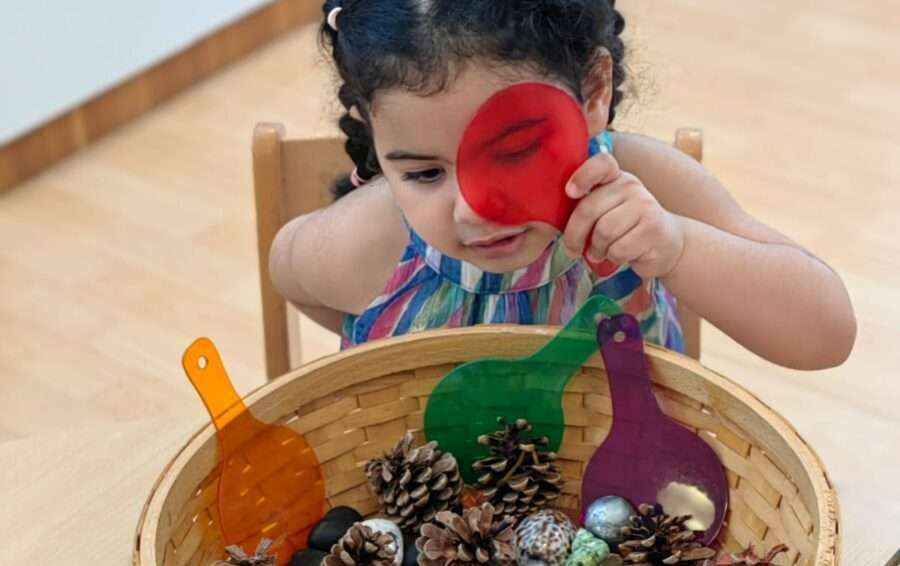
For instance, if a child is first given playdough, it will take some time for them to understand the correct use of the material.
The start may be simply a session of throwing it and picking it up again! It’s a great idea to offer variations so that the child has enough opportunity to use the playdough differently – perhaps mould it with their hands, cut it to create something or make shapes with it.
Importantly, giving the child enough opportunity to repeat the act of manipulating and creating something with the playdough is crucial in understanding their innate creative skills. It’s quite simple, every child will learn at their own pace and their innate skills have the potential to develop – successfully feeding oneself, learning to turn the pages of a book or playing with different toys such as a jigsaw, a ball or playdough, provided that they are given sufficient opportunity to explore, create and perfect.
Experimenting with various resources at home or in school is a great way to help a child explore and discover their own potential.
Observation is crucial
The next step is to observe the child as she/he navigates every situation.
Let’s take the example of toilet training. It is a major milestone for both the child and the parent. A parent must be observant as to when the child is ready for toilet training. His or her facial expression changes whenever they have to use the toilet. That’s when the moment must be seized. Slowly and gradually, the child must be taught to sit on the toilet and given enough time to understand and process the information. And this exercise must be repeated several times during the day for the child to develop a sense of what’s expected and therein form a routine.
They must feel ready and not frustrated with the new situation since the change from a diaper to a toilet is a huge one for the child.
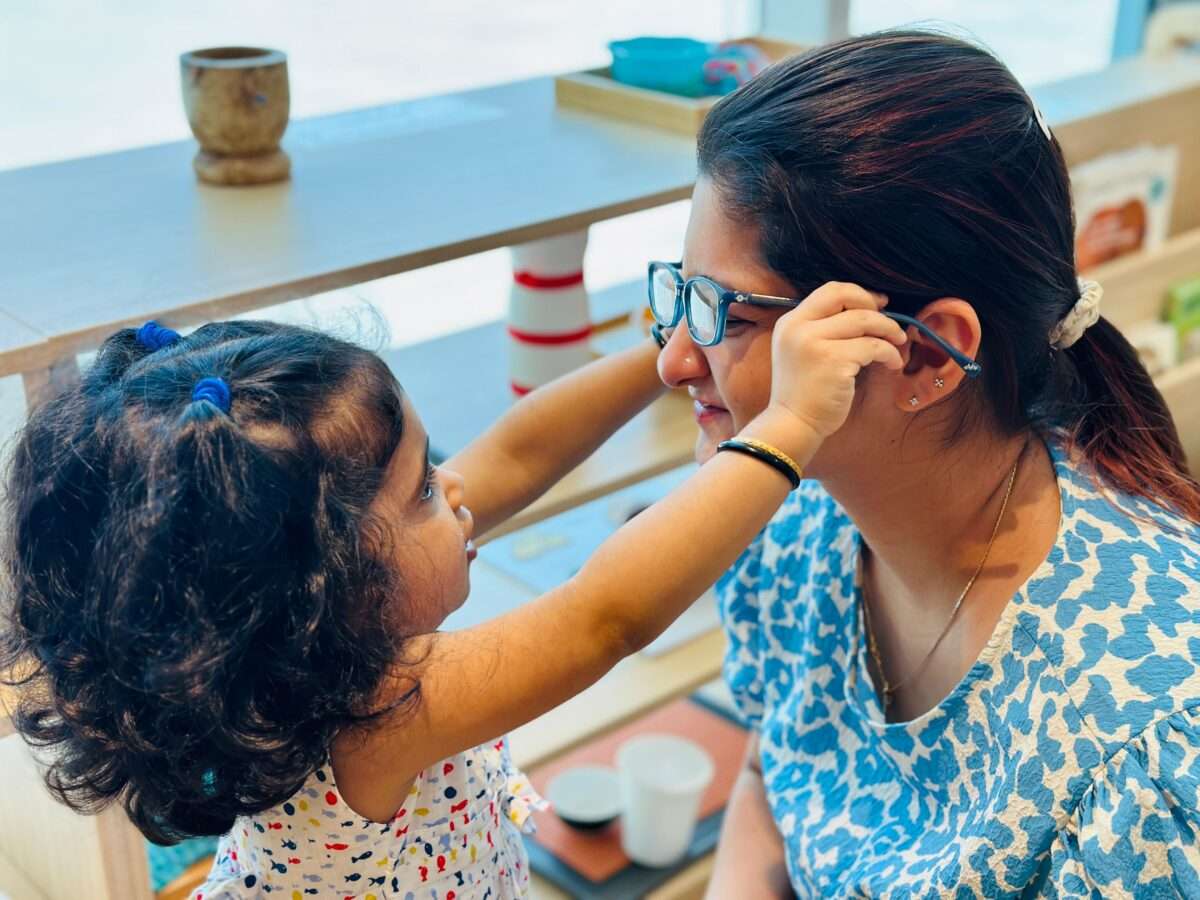
Observation is key for parents and caregivers to tailor the experience for the child, based on what the child shows readiness for. The stimulation and opportunity can be given in the right way, at the right time if keen observation is conducted all through the process. Teachers also need to observe the children’s reactions closely, to understand what a child is drawn towards or enjoys doing and encourage them to pursue these activities, providing them advanced versions of the same, to challenge them.
Reward for the right reasons
Appreciation and rewards are also key to encourage a child to learning something new. However, the child must be rewarded for the right reasons and not for regular everyday tasks. By rewarding the child for regular tasks, the importance of the task as mandatory and non-negotiable is undermined.
In the child’s mind it registers as a special task, that requires this level of appreciation, if executed. Setting a rewards programme for a child, for brushing their teeth before bedtime or finishing a meal, is certainly not sensible. However, a child can be appreciated for having spent a ‘diaper free’ day successfully!
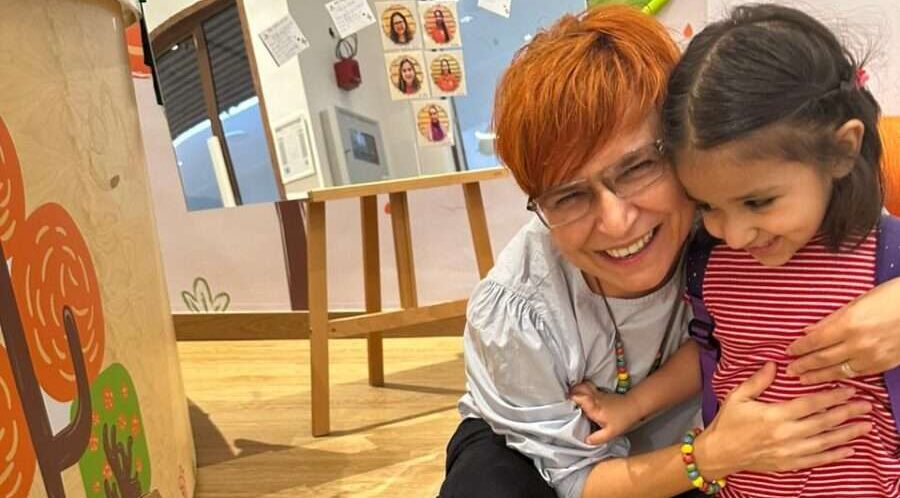
Similarly, it would help if teachers at nurseries and schools could think of better ways of appreciation than putting stars against the child’s name.
It is essential that a child must understand the real value of reward and appreciation. When appreciated or rewarded for milestones it must be heartfelt and help develop the child’s innate ability of understanding success.
At home, parents find it easy to reward a child with ‘things’ such as food or toys. However, the best way to reward a child is with their time. A great reward would be to do a fun activity with the child, rather than a material object. Playing a game with the child, or baking a fun recipe together, painting a picture or going on a fishing trip – these are rewards parents from the yesteryears offered their children. It helps the child to understand the great value of the time spent with parents and to cherish these moments as s/he grows.
Some Don’ts to consider
In summation, there are some don’ts to consider when trying to provide a nurturing environment to the child.
The first of the don’ts is to never restrict the child with a time limit. It is not necessary to structure everything. It will only limit the child’s potential.
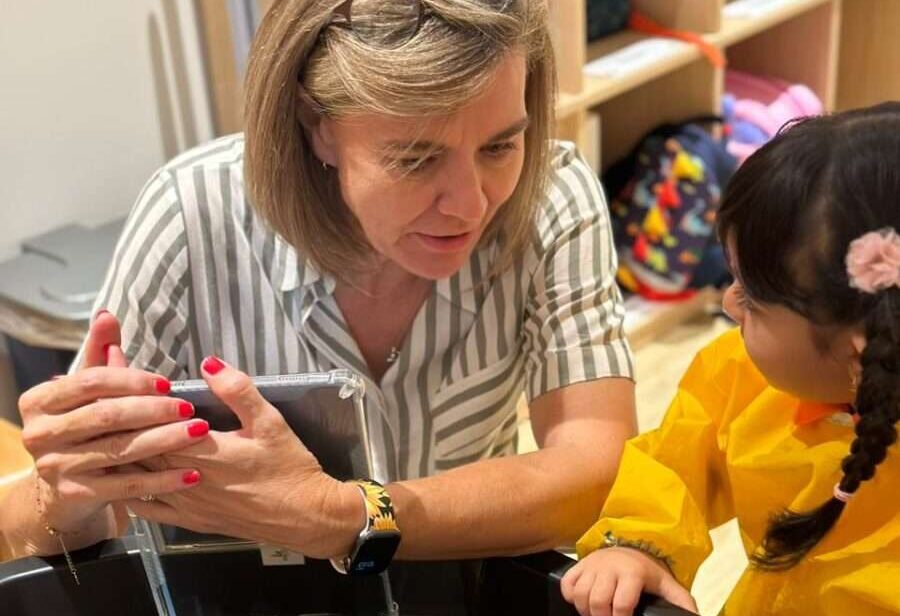
Next is to avoid the urge to grab an object or toy away from the child, with an intention to teach the right way of handling the object, especially when a child is trying to figureit out. By doing this the child’s inner urge to explore and figure out is supressed and not only does she/he get demotivated, but may develop behavioural issues, if this recurs often.
And last, but not least, never fail to recognise the natural ability of the child, depending on the child’s developmental stage. One must expect that the child will be a child and plan one’s own action and reaction accordingly. One must be mindful of the fact that the environment, or the toy, or learning material will be used by a child, hence the ‘user’ and their needs must be the key focus.
If the above facts are kept in mind, whilst approaching a child, no matter which area of development is in focus, the child’s innate skills and abilities will always be unravelled and progress will be inevitable.
By Shehla Khan, Educationist and Regional Director, Orange Seeds Nursery
